No matter where you live in the U.S., EVs are cheaper to operate than comparable gas models but how does that compare with other countries? In some places, electricity is substantially cheaper and the advantage of owning an EV even greater. Not so in some other markets, like Ireland, where consumers pay nearly four times more for their current than in the U.S. Here’s a look at the places where it’s cheapest – and most expensive – to charge up a battery-electric vehicle.
While battery electric vehicles may cost more up front, motorists usually start saving money as soon it’s time to plug in. Depending upon where you live, and whether you have a home charger or need to use a public charging station, the typical EV can cost as much as 75% less per driven mile than a comparable gas vehicle.
Rates vary widely from one country to the next however. In some parts of the world, consumers pay under 10 cents per kilowatt-hour compared an American average of just under 17.5 cents, according to the U.S. Energy Information Administration. That makes EV ownership an even bigger bargain. Then again, in Europe, electric rates run as high as 67 cents per kWh. But gasoline is also substantially more expensive, as well.
Here’s a look at the cheapest and most expensive countries in the world to charge up an EV.
Prices may vary
The average American paid about 17.47 cents per kilowatt-hour in May, according to the U.S. EIA. But that can vary widely by state – from an average 11.42 cents in Nevada to 42.10 cents in Hawaii. Savvy EV owners have figured out they can save a few cents by plugging in at night, when many utilities offer time-of-day discounts.
EVs sold in the U.S. these days get an average three to four miles per kWh, according to J.D. Power, which works out to anywhere from 4.3 to 5.8 cents per mile driven. Of course, gas prices vary, as well, though the average cost across the U.S. on Wednesday September 24 was $3.171. With the average vehicle now on the road getting 25 mpg, according to the Institute for Environmental Research and Education, that works out to 12.7 cents per mile.
What does the equation look like in other markets?
The cheapest countries to charge an EV
It costs just over 2.6 cents per kWh to charge up in Laos, according to a new study by Compare the Market AU. To charge up an EV with the typical 75 kWh battery comes to a mere $2.18, the study noted. On an apples-to-apples basis, EV owners in that Asian nation are paying an average 45.5 cents to drive 100 kilometers. By comparison, driving the typical gas model that distance costs an average $6.29 in Laos, or nearly 15 times more than the EV.
Qatar, Malaysia, Saudi Arabia, Pakistan, Turkey and China are among the nations that also charge less than 10 cents per kilowatt-hour for electricity. Gas prices vary widely in those nations, however, averaging US $2.31 per gallon for regular. Even then, in the heart of OPEC, EVs cost less than half as much per mile for energy.
(Note that the accompanying charts show prices in Australian dollars. The current exchange rate page it as worth US $0.66. Prices in this story are all adjusted to reflect U.S. dollars.)
The most expensive countries to charge an EV
No matter what you drive in Europe, energy is far more expensive.
Nowhere is that more apparent than in Ireland where electric rates average 44.2 cents per kWh, or about 205% more than in the U.S. That means a motorist will spend $33.33 to charge up a completely drained 75 kWh battery pack. And a 100 km drive will cost $6.98. But gasoline there costs the equivalent of US $7.52 per gallon. A typical vehicle with an internal combustion engine will spend $18.80 to drive 100 km.
Electric rates are similarly high across Europe, Italian consumers paying 42 cents per kWh, Germans spending $40.26 cents. The figure is 39.6 cents in the United Kingdom. In the UK, motorists are paying $6.60 per gallon, however, so there’s still a substantial savings on energy for those driving EVs.
These countries have the biggest gaps between EV and gas driving costs
According to the study, Hong Kong drivers will spend an average $2.94 to drive 100 km in an EV. For a comparable gas model that jumps to $17.11.
In Iceland, motorists save $9.42 driving an EV 100 km. In Norway, where EVs now account for over 80% of new vehicle sales, the gap averages $7.50.

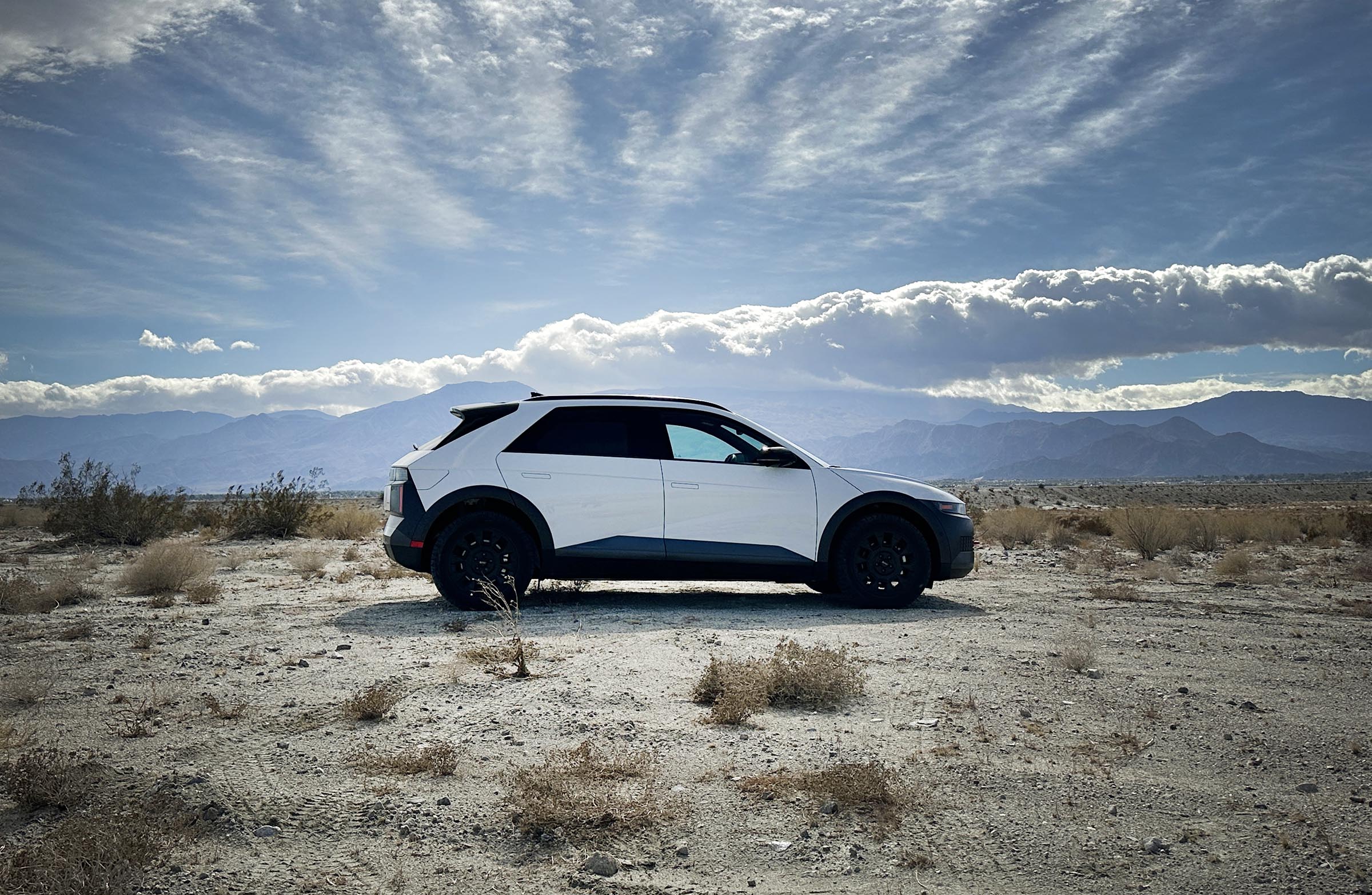
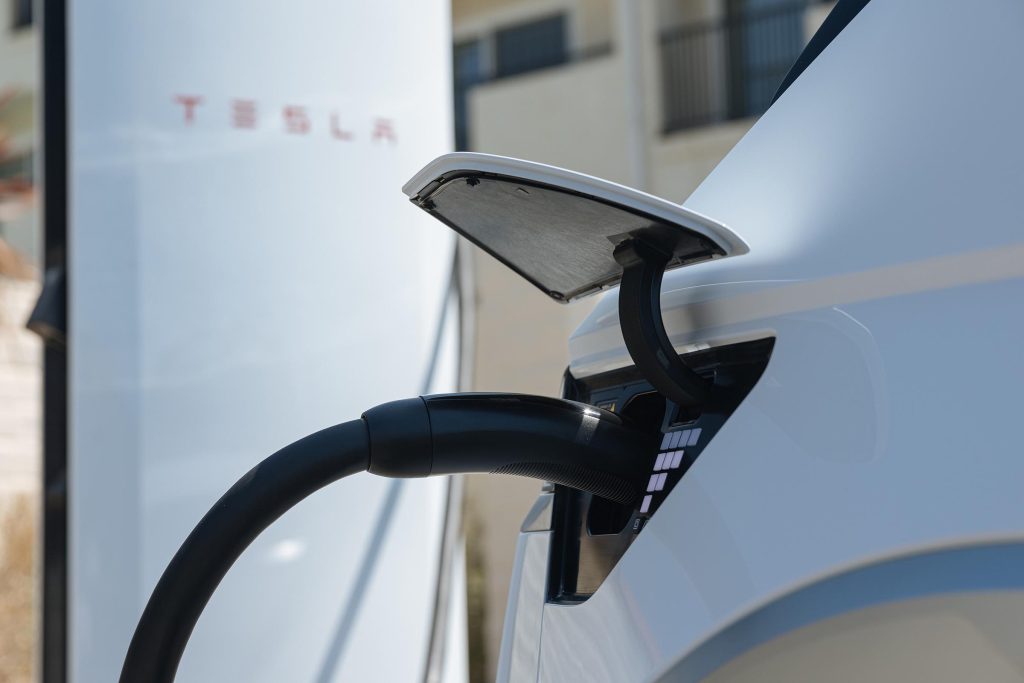
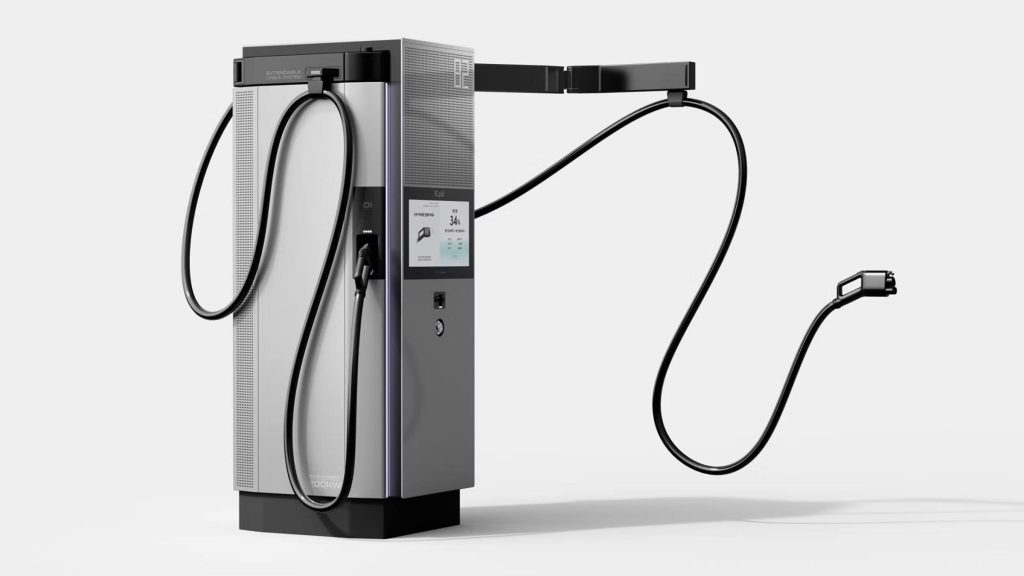
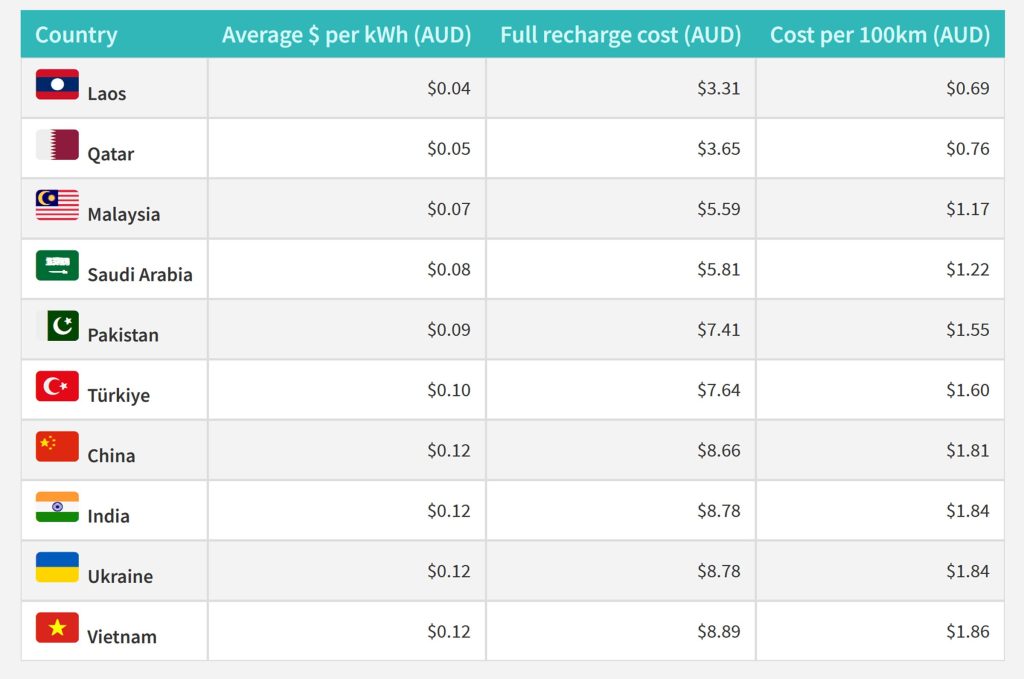
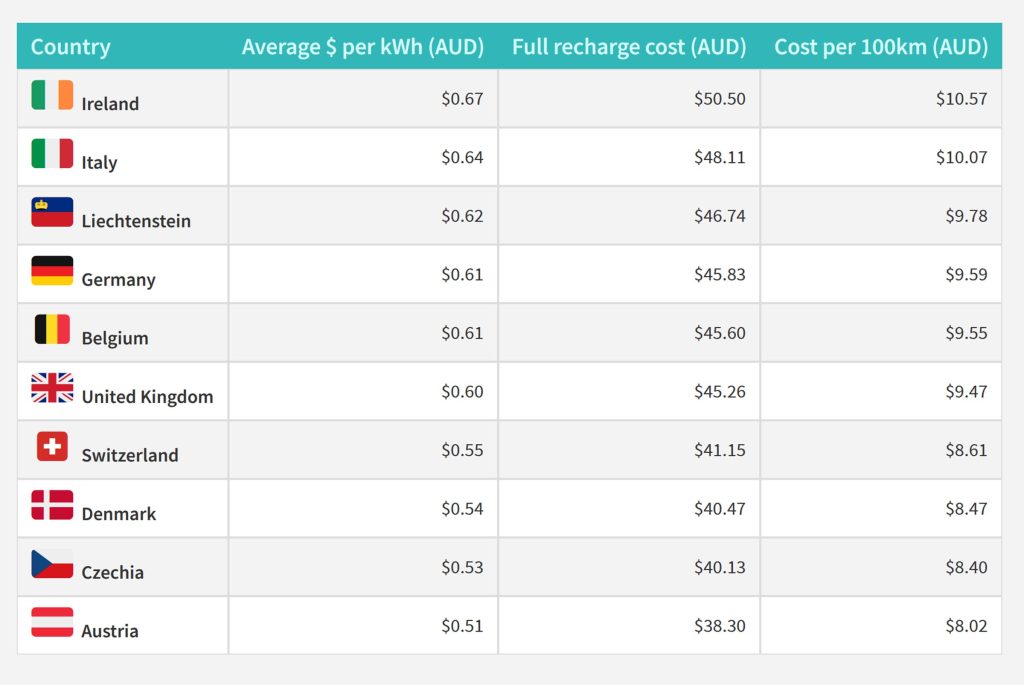
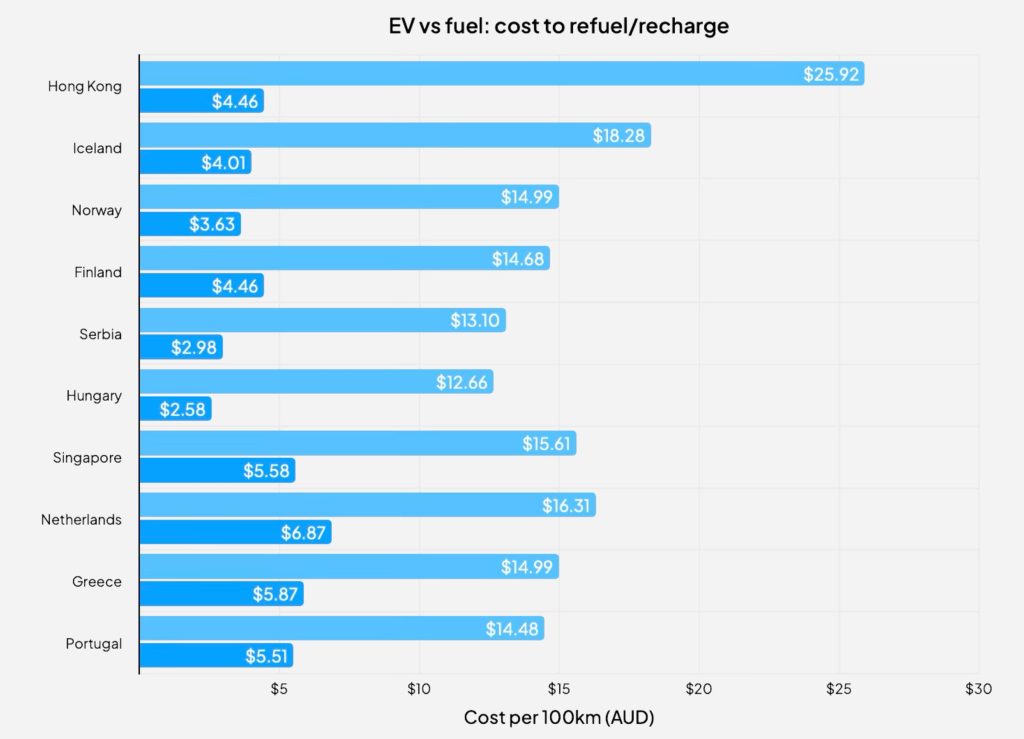




0 Comments